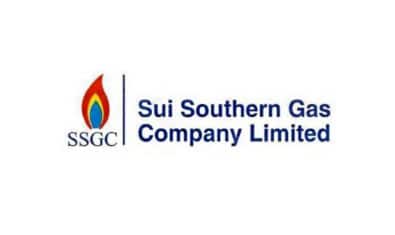The Federal Tax Ombudsman (FTO) has asked the budget makers in the Ministry of Finance to increase the Federal Excise Duty (FED) on cigarettes and beverages in the upcoming budget (2022-23).
The Federal Board of Revenue (FBR) has received budget proposals from the FTO office for 2022-23.
The FTO said that cigarettes in Pakistan are taxed in two different price tiers i.e. low-price and high-price. A specific excise tax (the Federal Excise Duty-FED) is levied on cigarettes sold in the country, which accounts for approximately 42.6 percent and 59.8 percent of the printed retail price of low-price and high-price brands, respectively, resulting in a significant excise tax burden difference between the two tiers. Because low-taxed cigarettes represent the majority of the market (about 88 percent), the average excise tax share is 44.7 percent of the retail price, which is significantly lower than the widely accepted benchmark of 70 percent of the retail price.
Uniform FED for all cigarette brands is proposed that would simplify the tax system; harmonizing excise taxation across all tobacco products. In addition, incorporating an automatic inflation adjustment mechanism in each tax year in the tax policy for taxation on cigarettes would cover the price inflation every year, the FTO said in its proposals.
The budget proposals of the FTO revealed that the representatives of the Pakistan National Heart Association (PANAH) met the FTO and submitted that there is a direct and strong association between the consumption of sugar-sweetened beverages (SSBs) and obesity and non-communicable diseases (NCDs) such as diabetes, hypertension, and cardiovascular illnesses. SSBs include any liquids that are sweetened with various forms of added sugars. Multiple policy interventions have been identified by global health bodies like American Heart Association, WHO, and World Bank, which include but are not limited to increased taxation.
Higher taxes are advocated as potential policy tools to reduce consumption directly. Evidence from several countries has shown it to be an effective strategy where a documented decrease in consumption of SSBs is seen and is expected to reduce the burden of NCDs, according to the FTOO.
It said that in the broader national interest, the federal government may increase the FED on the aerated waters, energy drinks containing added sugar or other sweetening matter, or flavored from 13 percent to 20 percent of the retail price.
It also proposed that at least 20 percent FED may also be levied on SSBs including soft drinks, energy drinks, sports drinks, sweetened coffee drinks, sweetened iced tea, flavored milk, etc. To achieve this, amendments are proposed in the entries at serial numbers 5 and 6 in the First Schedule of the Federal Excise Act 2005.


























